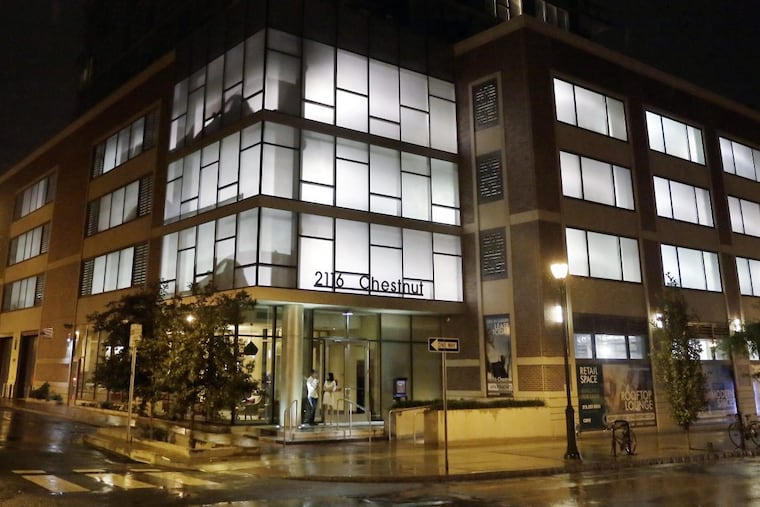Council reached consensus on ten-year-tax abatement reform. They should show their work to the public. | Editorial
While reviewing and assessing whether the abatement is still worthwhile, where was the public deliberation?

In recent years, bashing the 10 year tax abatement has become Philadelphia’s fifth major sport. The abatement -- which detractors hate for giving breaks to the wealthy and shortchanging the school district and supporters love for incentivizing development-- was one of the key issues during the recent election cycle, with a number of council members and other city leaders offering scenarios for how to reform the tax break.
On Thursday, Councilmember Cindy Bass introduced a bill to reform the 10-year tax abatement on behalf of Council President Darrell Clarke. The bill would reduce the amount abated by 10% over each year -- from 100% abatement in the first year to 10% abated in the tenth and final year. The net result would halve the current abatement. The reform would impact only residential properties, not commercial properties.
According to a Council-commissioned study by Econsult Solutions, this proposal would add $265 million in tax revenues over ten years.
According to Clarke, the bill is the result of months of internal deliberations among Council members and consultations with Mayor Jim Kenney’s administration -- who is a vocal proponent of the abatement.
While reviewing and assessing whether the abatement is still worthwhile, though, where was the public deliberation? Why was this solution -- out of many scenarios of possibilities introduced in the past year -- deemed the one to move forward on?
» READ MORE: Under pressure, Philly School District touts new environmental safety plan
Last year, Controller Rebecca Rhynhart released a report analyzing the impact of six potential reforms to the abatement. The analysis found that the reform that is the least disruptive to the market was a cap on the abatement. A 2018 study commissioned by the Kenney administration by Jones Lang LaSalle found that capping the abatement would generate the most tax revenue and was deemed by the consultants “mathematically superior.”
In fact, Council’s recent Econsult study found that capping the abatement at the first $400,000 would generate a $100 million more in tax revenue than the phase out.
Clarke had planned to introduce such a cap in addition to the phase out. The bill was killed by developers. That contributes to the impression that the “best” solution is the one that works politically, not mathematically.
» READ MORE: Here’s what the primary election could mean for the future of Philly’s 10-year tax abatement
» READ MORE: Philly property-tax abatement comes under scrutiny as Council weighs how to fund schools
The urgency to get a reform passed by the end of the year shows that City Council is responding to public sentiment. Which makes the lack of public input in this process ironic. There will be a hearing on the bill in the upcoming weeks, but since this reform has already been agreed upon behind closed doors, that feels more like lip-service. Why not have an open debate on all eight of the abatement bills in Council?
The administration’s 2018 report on the abatement states: “There is no single ‘best’ way to refine the abatement. Each option involves tradeoffs that policy makers need to weigh and consider.”
Our policy makers need to weigh and consider these tradeoffs in public. That may mean the abatement reform will be delayed until the beginning of next year. But after years of inaction, the additional few weeks are a small price to pay -- especially if the end result is the policy that benefits Philadelphia the most.